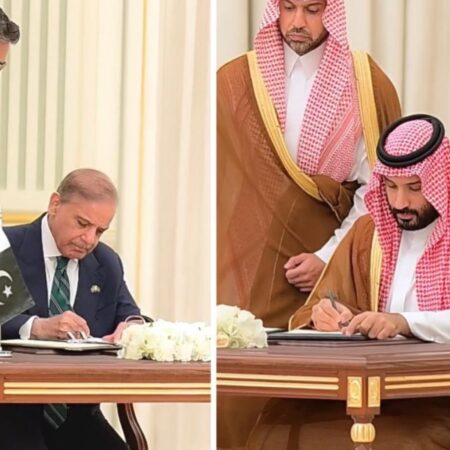ISLAMABAD The government is considering lowering the average age of superannuation by five years to 55 in order to manage the long-term pension bill, even as it considers raising the retirement age for specific occupations.
As part of broader pension reforms, the federal government is currently considering this proposal, which was put up by an international lender.
It’s interesting to note that the establishment division opposed the finance ministry’s proposal last year to raise the superannuation age by two years to 62 in order to accommodate temporary delays in payments for retirement benefits.
Government employees’ pensions are currently calculated using their most recent basic income at age 60, with some situations capping at 30 years of service.
The cabinet’s Economic Coordination Committee (ECC), chaired by Finance Minister Muhammad Aurangzeb, voiced concerns last week about the delays in carrying out its directives from May 27 and June 13 regarding changes to the pension plan, a report from the Pay & Pension Committee, and a future roadmap.
The decision has not yet been put into effect, and the meeting was informed that it would take longer because numerous stakeholders would need to be consulted in detail.
If adopted universally, lowering the retirement age by five years could result in a decrease in pension payout and a reduction in the annual cost of pension liabilities of about Rs50 billion.
The government would think about a phased adoption because of the first spike in spending that would result from early severance compensation. Additionally, this might make it easier for seasoned and competent public sector workers to go to the private sector.
The government pension expense currently exceeds Rs1 trillion, with the civil and military forces contributing roughly Rs260 billion and Rs750 billion, respectively. The government recently implemented a contributing pension plan for all future government jobs in an effort to curb the rising annual pension bill












No Comment! Be the first one.